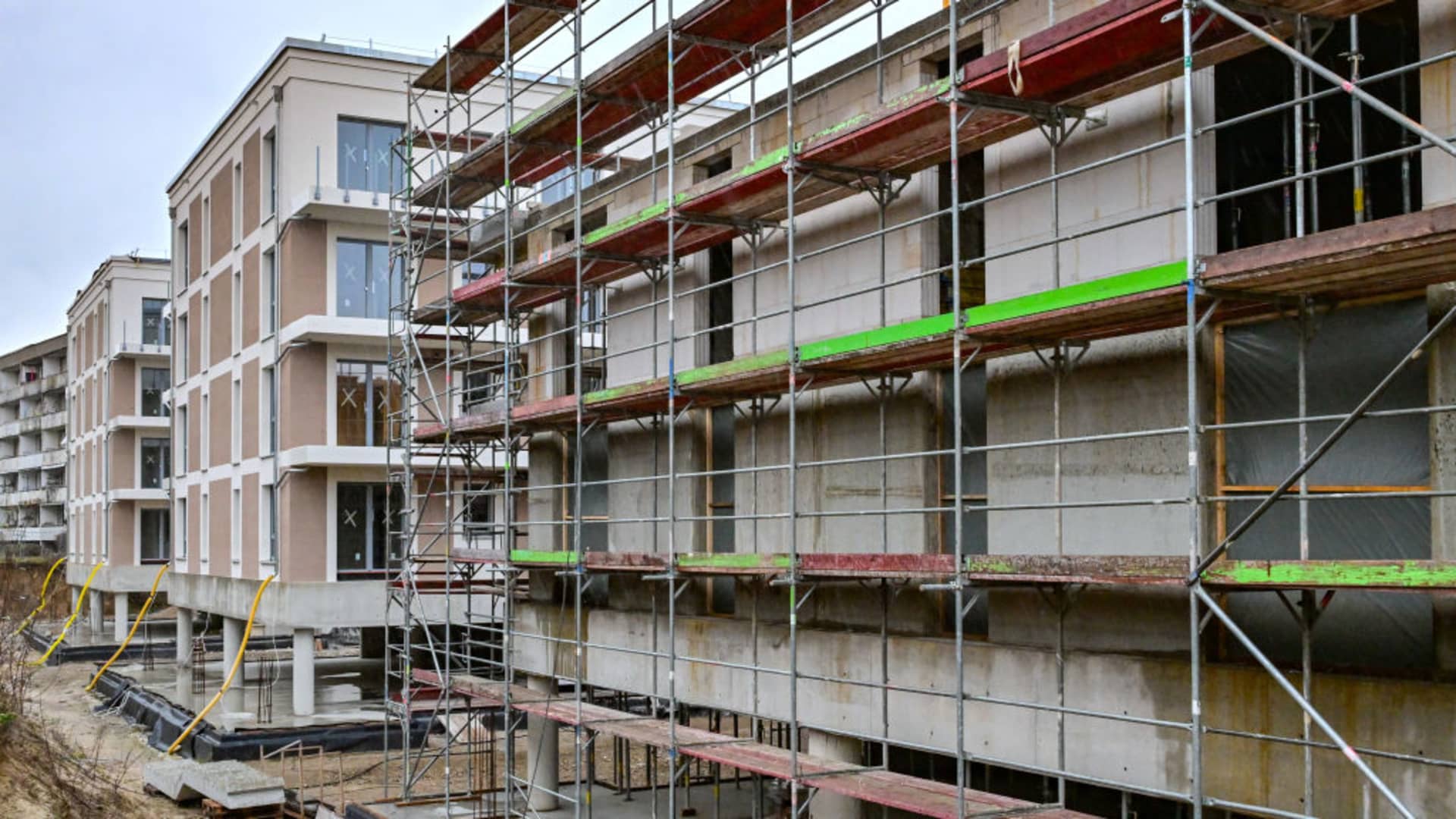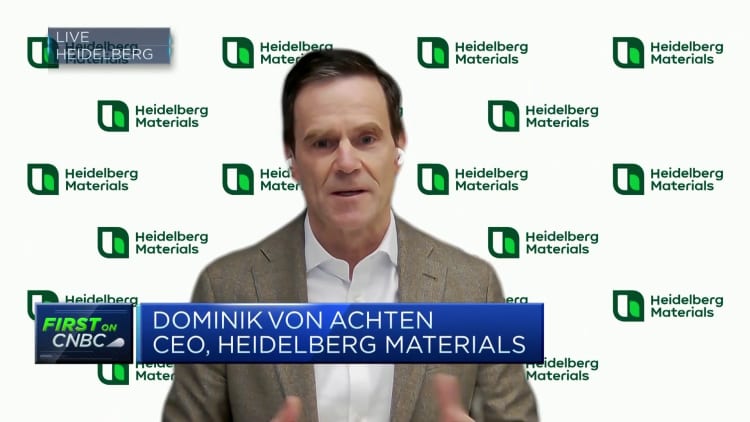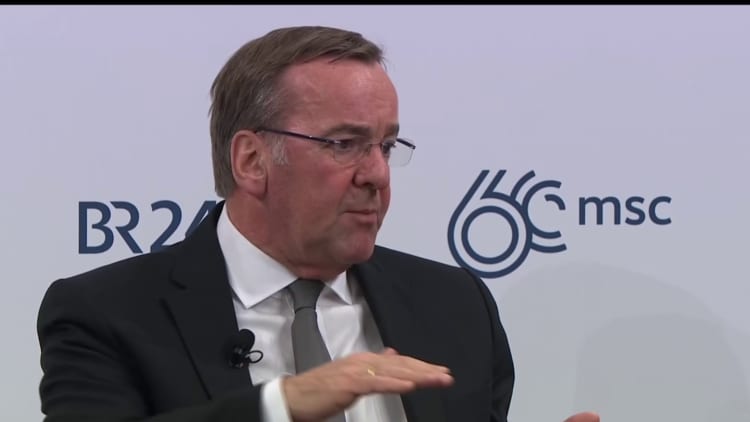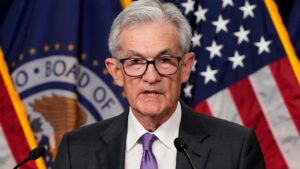
Construction site with new apartments in a new apartment building.
Patrick Puller | Image Alliance | Getty Images
Germany’s homebuilding industry has taken a turn for the worse in recent months.
Economic data paints a worrying picture, and industry leaders appear uneasy.
“I would say the homebuilding industry is in a bit of a crisis of confidence,” Dominik von Achten, chairman of German building materials company Heidelberg Materials, told CNBC’s “Squawk Box Europe” on Thursday.
“There are too many things going in the wrong direction,” he said, adding that the company’s sales in Germany were down significantly.
According to statistics, current sentiment and expectations for the German residential construction industry fell to an all-time low in January. data From the Ifo Institute of Economics. The business climate index fell to minus 59 points this month, and is expected to fall to minus 68.9 points.
“The outlook for the coming months is bleak,” Ifo head of investigations Klaus Wohlrabe said in a press release at the time.

At the same time, in January Construction Industry PMI Survey Commerzbank’s forecast for Germany also fell to a record low of 36.3, after December’s previous reading was also the lowest on record. PMI readings below 50 indicate contraction, and the lower the number is to zero, the greater the contraction.
“Housing activity remained the worst performer among the broad construction categories monitored by the survey, falling at its fastest pace ever,” the PMI report said.
The problem has also put pressure on Germany’s overall economy.
German Economy and Climate Minister Robert Habeck said on Wednesday that the government had lowered its 2024 gross domestic product growth forecast to 0.2% from the previous 1.3%. Habeck pointed to rising interest rates as a key challenge for the economy, explaining that this has led to a reduction in investment, especially in the construction industry.
Light at the end of the tunnel?
Data from Ifo showed a slight decline in the number of companies reporting cancellations and order shortfalls in January compared with December. But even so, 52.5% of companies reported a lack of orders, which Wohlrabe said is weighing on the industry.
“It’s too early to talk about a reversal in homebuilding trends as severe conditions have changed little,” he said. “High interest rates and construction costs are not making things easier for builders.”
However, Heidelberg Materials’ von Achten said at least some relief was possible and said there could be good news on interest rates.

“I think inflation is really down in Germany now, and maybe the ECB actually lowers interest rates sooner than we thought, and let’s wait and see, and if that happens, then obviously confidence will come back down as well,” he said.
Von Achten said that even if rate cuts were a slow process, confidence would return once “people see a turning point.”
Speaking about the economic outlook in the German parliament on Thursday, Habeck said the government expected inflation to continue to fall and return to the 2% target level in 2025.
The European Central Bank said at its most recent meeting in January that Although progress is being made on inflation, it is “premature” to discuss interest rate cuts. London Stock Exchange data showed that although the specific timetable for the rate cut is unclear, the market generally expects the first rate cut to occur in June.






